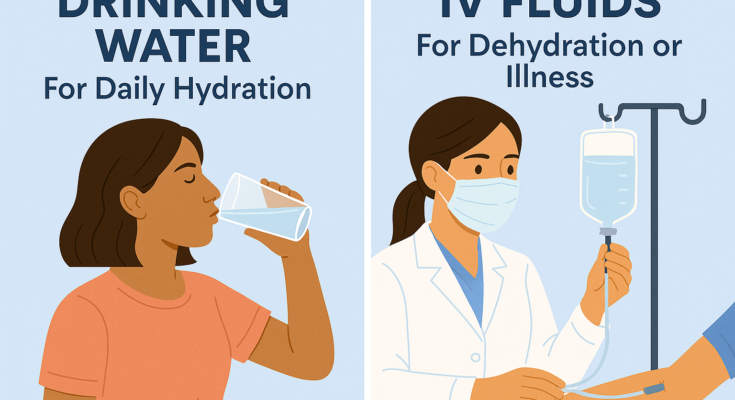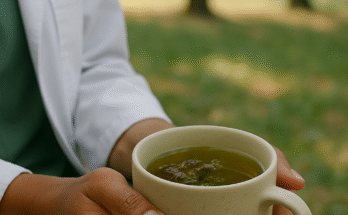Beat the Heat: Your Guide to Preventing and Treating Dehydration
Dehydration isn’t just about feeling thirsty—it’s a serious imbalance where your body loses more fluids and electrolytes than it takes in. While daily activities like sweating, urinating, and even breathing naturally deplete some water, your body usually maintains a careful equilibrium. But when dehydration strikes, this balance crumbles, risking vital functions and, in severe cases, even life itself. Let’s explore why dehydration happens, how to spot it, and the best ways to recover.
What Causes Dehydration?
Dehydration doesn’t discriminate—it can affect anyone, from kids to seniors. Common triggers include fevers and heat exposure, which lead to excessive sweating during hot or humid conditions. Stomach bugs like gastroenteritis, which cause severe vomiting or diarrhea, can rapidly drain fluids. Chronic conditions such as diabetes or burns covering large skin areas disrupt fluid balance. Medications like diuretics increase urine output, raising dehydration risks. Skipping water during fasting, relying on feeding tubes, or simply not drinking enough—common in infants, the elderly, or coma patients—can also trigger dehydration.
Spotting Dehydration: When to Act
Mild dehydration, marked by losing up to 5% of body weight, often shows as dry mouth, fatigue, dizziness, or reduced urination. Severe dehydration, involving 10% or more weight loss, escalates to sunken eyes, rapid heartbeat, confusion, or fainting. Recognizing these signs early can prevent complications.
Treatment: From Home Remedies to Hospital Care
For mild cases, oral rehydration solutions (ORS) are key. These pre-mixed packets, dissolved in boiled water, replenish lost fluids and electrolytes. Administer 1 teaspoon every minute or 1 tablespoon every 5 minutes for four or more hours. Boost hydration by doubling fluid intake and focusing on easy-to-digest foods like bananas, rice water, or toast. For severe cases, hospital intervention with intravenous (IV) fluids containing saline and glucose quickly restores balance. Infants and babies require special attention: breastfeed more frequently, and formula-fed babies may need lactose-free options.
Prevention: Stay Ahead of the Thirst
Hydrate smart by drinking water consistently, especially during heatwaves, illness, or exercise. Maintain electrolyte balance with coconut water, broths, or ORS during diarrhea or vomiting. Practice sun safety by limiting exposure during peak hours and wearing breathable clothing. Monitor high-risk groups like infants, seniors, and those with chronic conditions, as they need extra attention.
Dehydration is more than a summer nuisance—it’s a silent threat. By recognizing early signs and acting fast, you can protect yourself and loved ones. Keep fluids handy, listen to your body, and never underestimate the power of a glass of water. Stay hydrated, stay healthy!





